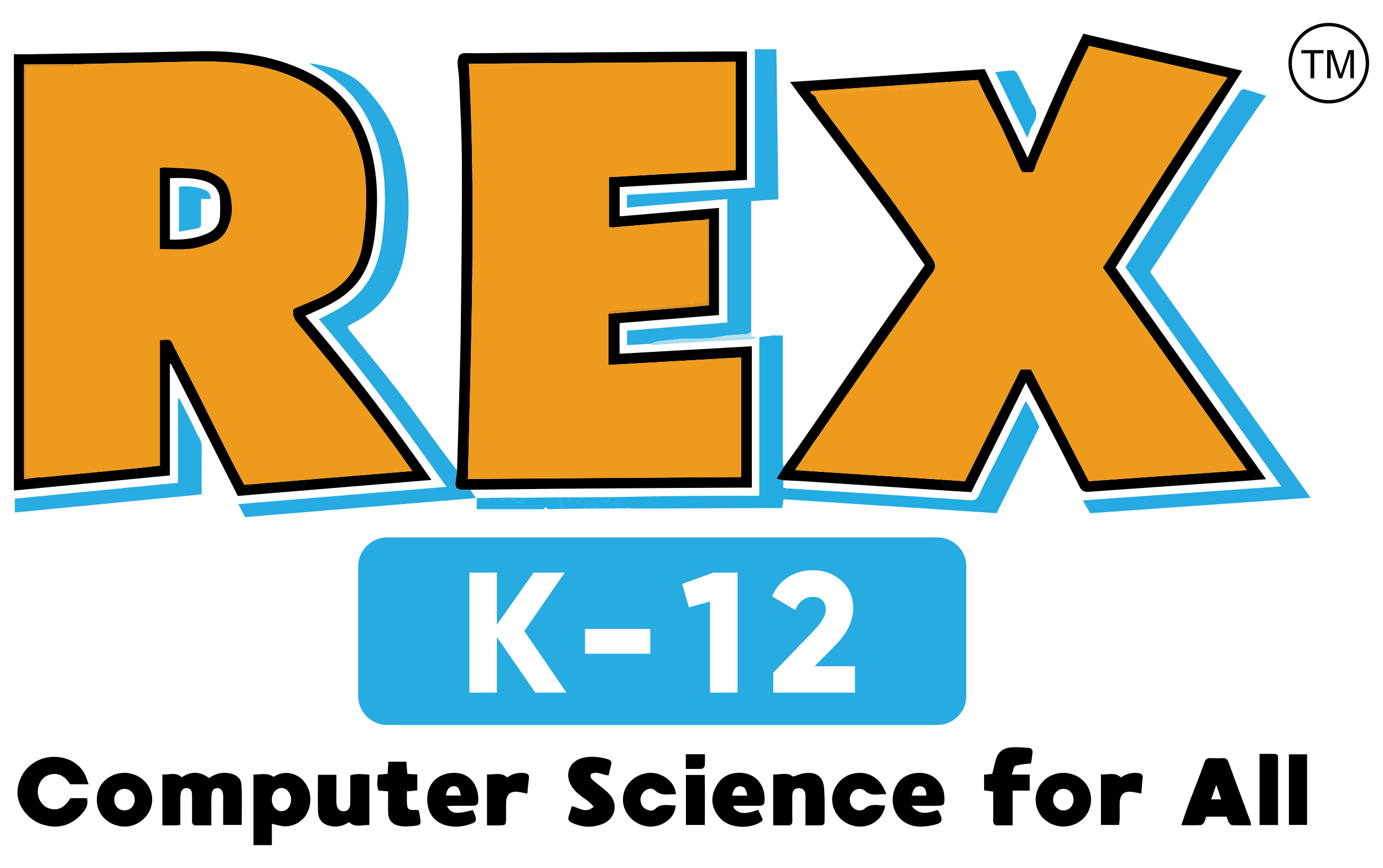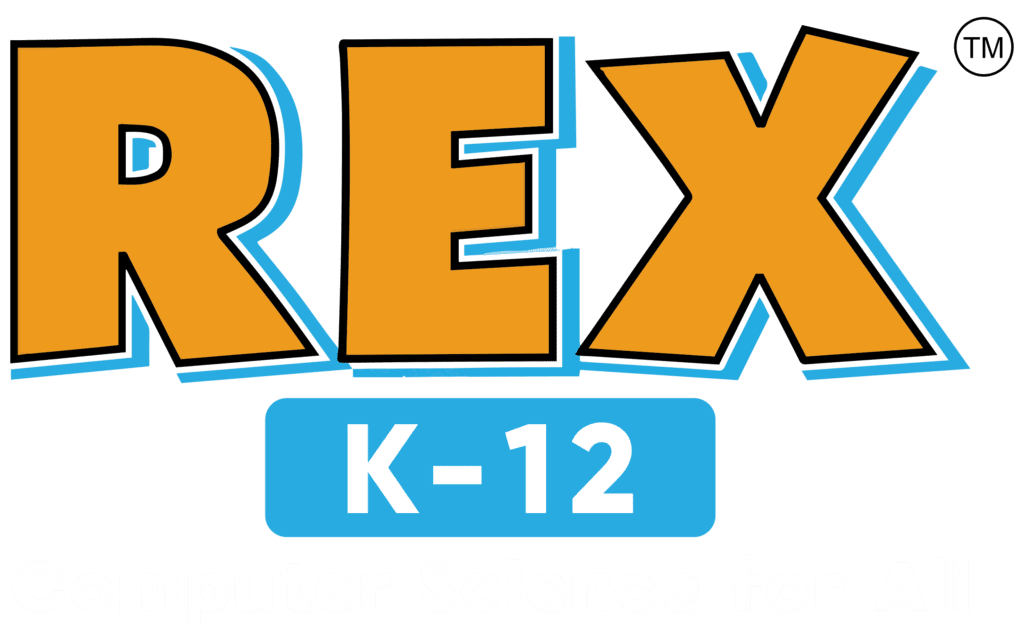How Computer Science Strengthens Student Success Across All Subjects
It’s no secret that computer science (CS) prepares students for the future workforce—but its benefits extend far beyond coding and technology careers. Empirical research consistently shows that CS education boosts student performance and understanding in other academic areas, making it a powerful tool for improving overall learning outcomes.
Academic Performance & Subject Mastery
Early and consistent exposure to computer science has been linked to improved attitudes toward learning, stronger critical thinking, and enhanced problem-solving skills. Students often make direct connections between CS concepts and their work in other subjects.
- Broward County, Florida: A rigorous classroom study found that third graders who spent more time learning computer science outperformed their peers on reading, writing, math, and science tests.
- High School Math Integration: Schools that wove programming into their math curriculum saw the pass rate jump from 61% to 94%, with students using coding to solve real-world problems.
- National Science Foundation Study: Elementary students receiving CS instruction scored significantly higher on science assessments than those who did not.
Transferable Cognitive Skills
Computer science builds a foundation of skills that go beyond technology:
- Decomposition, abstraction, and algorithmic thinking help students tackle complex problems in mathematics, science, and language arts.
- Robotics and programming encourage creativity, communication, and cross-disciplinary connections, enabling students to relate STEM concepts to the real world.
Spillover Effects
The positive impact of CS isn’t limited to skill-building—it also influences broader academic engagement:
- A Stanford study found that increasing access to AP Computer Science courses led to higher enrollment in other AP subjects, showing that CS can spark interest in additional academic challenges.
- At the same time, research in California found that expanded CS enrollment sometimes replaced elective courses in the humanities—an important factor for curriculum planning to ensure a well-rounded education.
Cognitive Development & Learning Strategies
Technology-rich CS instruction, including tools like virtual reality, helps students visualize abstract concepts and reduces cognitive overload.
The computational thinking and iterative problem-solving approaches students learn in CS classes help them break down difficult topics and persist through challenging material in other subjects.
Broader Achievement & Long-Term Benefits
The long-term effects of computer science education are equally compelling:
- College Board and longitudinal studies show that CS students outperform peers in other AP subjects.
- Students who study CS are 17% more likely to enroll in university, even after accounting for background factors.
The Takeaway
Computer science is more than just a pathway to tech careers—it’s a catalyst for better learning across the board. By strengthening cognitive skills, fostering resilience, and encouraging cross-disciplinary connections, CS equips students with tools they’ll use in every subject and throughout life.
At Rex K-12, we believe that giving students access to high-quality computer science instruction isn’t just about preparing them for future jobs—it’s about unlocking their full academic potential today.














